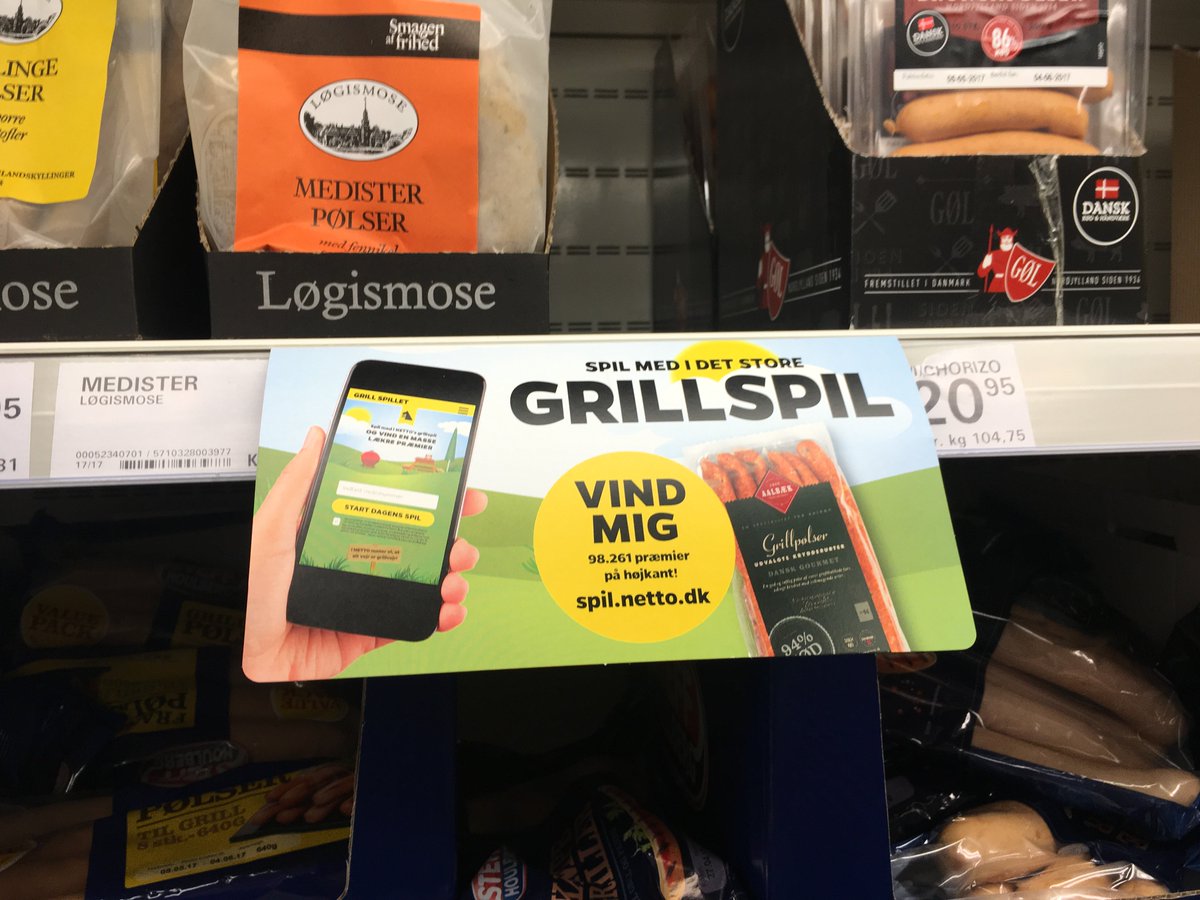UK convenience groups could improve footfall and visit frequency in partnered stores by embracing ‘gamification’ according to the Gametation managing director Søren Sundin.
The company works with convenience store groups around the world including Cirkle K, Spar and 7 Eleven to use online games to generate prizes that bring customers into stores.
In the last two weeks it has launched campaigns with international grocery retailers including Giant, Penny and Circkle K in territories including Austria, Singapore, Malaysia and the US.
Sundin told Better Retailing that the concept of gamification was ‘as old as marketing’ and can be found in promotional scratch cards and mystery prizes in products. However, he added that digital versions could influence not just what customers buy, but where they shop too.
Retail trends 2020: Inspiring you with big ideas
“The convenience sector has a challenge, driving frequency in a crowded market. There may not be a lot between what shop they chose to visit so by adding a small incentive it’s easy to move market share in this way,” he advised.
Asked what drives its campaigns, which last between one and two months, the managing director of the Danish firm said it operates counter to standard marketing practice. “With most campaigns, the shopper needs to do something first before they see the benefit. Ours is the opposite.
“Nobody wants to download a loyalty app or give away all their personal details. All we need is a phone number and that allows us to deliver large volumes of interactions.”
He added that rather than most approaches, which seek to reach a consumer as many times as possible, by limiting game plays to once per day and only giving prizes in 5-10% of plays, convenience chains increase demand and also engagement over a longer period.
How to make your range appeal to students
Describing the impact of the tactics he claimed: “In grocery we see conversion rates of 50-60% of the footfall that the game drives through the doors.
“It’s a legitimate point that perhaps those shoppers would have visited anyway, so we set a time limit that winners have to redeem their prizes within a time limit in order to improve visit frequency, and around 75% of winners redeem within 24 hours.”
Despite Gametation’s successes, it has remained mostly absent from the UK convenience sector, except for historic campaigns with Spar UK.
Asked if the dominance of independently operated stores in UK market presented challenges around operating its campaigns, Sundin responded: “It’s definitely a barrier and it can be an issue globally with Spar because it’s set up in the same way.”
Gamification examples in retail
Vas Vekaria owns Premier Leveredge and uses various ‘gamification’ elements to drive shoppers into store. This includes Vekaria’s ‘Loser’s Lottery’ competition, advertised on social media. Customers can submit losing lottery tickets from the previous week’s draw into a raffle to win £10 store credit. He claims an average of 200 entries per week.
“Whether they bought the ticket here or not, it’s just a good way of driving footfall,” he said. The retailer also uses a Facebook follower counter at the till which is hooked up to the store’s wifi and automatically updates to any changes. “We get people liking the page just to see the counter go up,” he said.
One Stop Mount Nod in Coventry invoked the help of boxer Anthony Joshua in December in order to boost customer engagement. The customer who predicted the outcome of Joshua’s then-upcoming bout with Ruiz received seven cases of Lucozade and Ribena, and a lifesize cut-out of the British athlete.
EXCLUSIVE: Delivery apps weighed against ‘dark site’ threat
Premier celebrated its 25th birthday as a symbol group last year with scratchcards sent to stores and made available to any customer that spent more than £5 in a single transaction.
A one-in-four chance of winning and prizes including TVs and cars helped Vince Malone, of Premier Tenby Stores & Post Office, drive National Lottery sales.
“I tell customers who don’t win with the Premier scratchcard to have another go with the National Lottery,” he explained.
In 2017 Spar UK celebrated attracting 25,000 customers over nine weeks with its ‘shop and win’ mobile-based online scratch card game. The group claimed the competition lifted basket spend in store to £9.67.



Comments
This article doesn't have any comments yet, be the first!